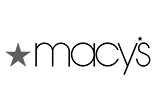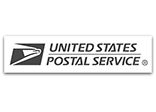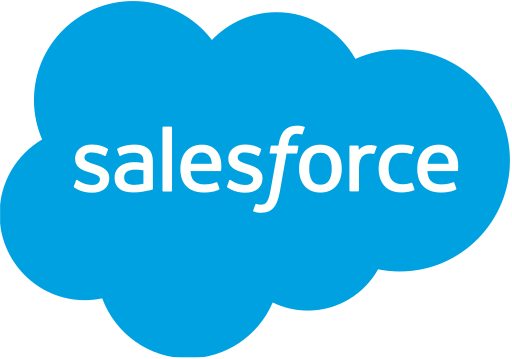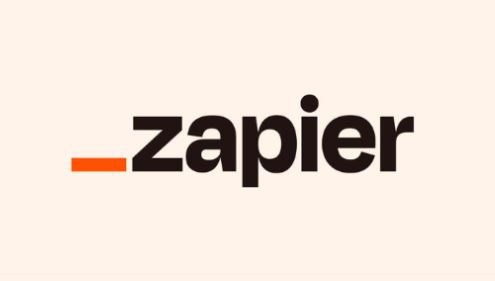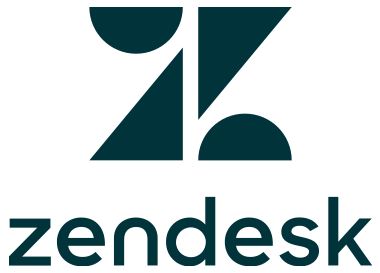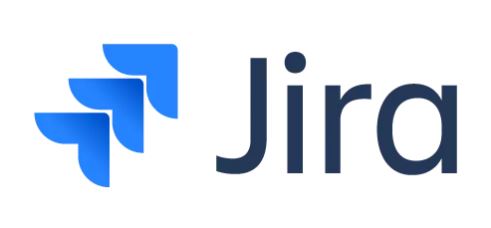An AI virtual receptionist that answers patient calls instantly, reduces front desk overload, and keeps schedules running smoothly every day.
AI Answering Service for Medical Offices
Call our AnswerBug Demo to speak to our AI Receptionist for more info: 972-944-0311
✓ Free Trial ✓ No Credit Card Required ✓ Phone Support Included
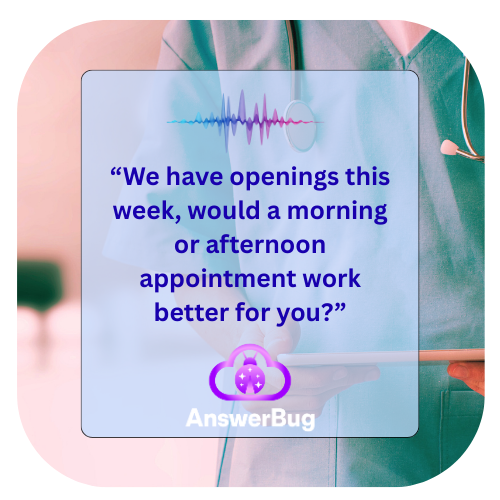
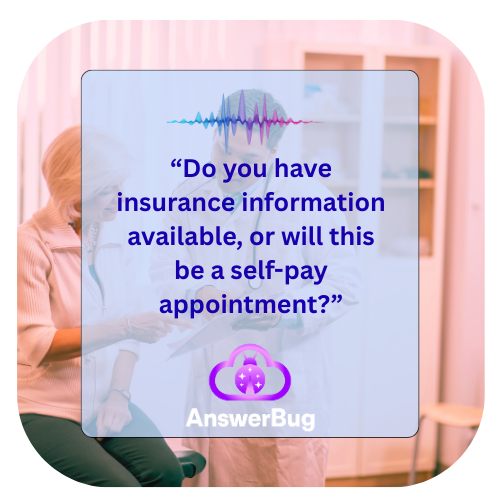
0
%
Average Missed Call Rate
For Medical Offices
0
%
Win Rate
For Medical Offices that respond to the first call
Unanswered Patient Calls Cost Medical Offices Appointments
Patients do not wait long when they cannot reach a medical office. If a call goes to voicemail or stays on hold, many patients hang up and contact another practice. Every missed call is a missed opportunity to schedule a visit, confirm insurance details, or help a patient who needs care.
An AI answering service for medical offices ensures every call is answered immediately. Patients receive a calm, professional interaction that collects essential information and reassures them that help is available. This reduces appointment gaps and keeps schedules full without adding pressure to front desk staff.
Why missed calls hurt medical offices
- Patients expect fast access when booking appointments or asking medical questions
- High call volume during busy hours overwhelms front desk staff
- After hours calls often go unanswered and result in lost new patients
AnswerBug Prevents Missed Patient Calls From Becoming Lost Appointments
Medical offices lose appointments every day simply because phones go unanswered. Patients calling to schedule a visit, confirm insurance, or ask about symptoms often move on quickly if they cannot reach a real response. When a call goes to voicemail or sits on hold, trust drops and the appointment is often booked elsewhere.
AnswerBug acts as an AI receptionist for medical offices, answering every call the moment it comes in. Patients are guided through a calm and professional intake that collects key information and reassures them that their request is being handled. This keeps schedules full and reduces the number of new and returning patients who slip away.
Beyond answering calls, AnswerBug helps medical offices stay organized and responsive. It identifies whether a caller is new or existing, gathers visit details, and routes information to your staff in real time. Your front desk stays focused on patients in the office while call intake runs smoothly in the background.
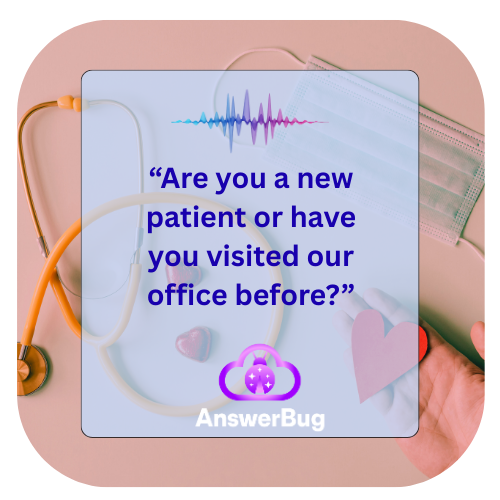
- Answers patient calls instantly at all hours so no appointment requests are missed
- Captures patient details and visit needs clearly for faster follow up
- Reduces front desk workload while maintaining a consistent patient experience
How Much Value Are Missed Patient Calls Costing Your Medical Office?
Every unanswered call represents a patient trying to schedule care, ask about availability, or confirm important information. When calls go to voicemail or sit unanswered, many patients do not call back. Instead, they contact another practice that answers immediately, and that appointment is lost.
Medical offices face this challenge daily due to high call volume, limited front desk staff, and busy clinic hours. Even a small number of missed calls each week can quietly lead to empty appointment slots and lost revenue over time. The impact is often larger than most practices realize. This calculator helps make that loss visible.
Enter the number of patient calls your office typically misses in a week, along with the average revenue from a completed visit. Adjust the close rate to reflect how often answered calls turn into scheduled appointments. The calculator estimates how much revenue missed calls may be costing your practice each month and year.
Seeing these numbers clearly shows why immediate call coverage matters. An AI answering service for medical offices helps capture every patient inquiry, improve scheduling efficiency, and protect revenue that would otherwise be lost to unanswered calls.
Missed Call Calculator
Calculate the true cost of every call that goes to voicemail.
$
Conservative (10%)
Aggressive (100%)
*This assumes not every caller becomes a customer. Adjust based on your team's sales performance.
Potential Lost Revenue (Yearly)
$78,000
That's $6,500 lost every month
Advantages of an AI Answering Service for Medical Offices
Medical offices manage constant phone traffic while caring for patients in person. Calls come in for scheduling, insurance questions, and urgent concerns, often when front desk staff are already overwhelmed. An AI answering service ensures every patient reaches a responsive and professional interaction. This improves access to care, keeps schedules full, and reduces daily operational strain.
Always Available for Patient Calls
Patients often call early in the morning, during lunch hours, or after work. When phones go unanswered, many patients do not try again. An AI answering service ensures calls are answered at all times. This helps medical offices capture more appointment requests without extending staff hours.
Faster Scheduling and Call Response
Patients expect quick answers when trying to book care. Immediate response builds confidence and reduces frustration. An AI receptionist engages callers right away instead of placing them on hold. Faster response leads to higher scheduling rates and fewer abandoned calls.
Handles High Call Volume with Ease
Busy clinics experience call surges throughout the day. Human staff can only manage one conversation at a time. An AI answering service can handle multiple patient calls at once. This prevents long wait times and missed opportunities during peak hours.
Reduces Front Desk Workload
Front desk teams juggle phones, check ins, and patient questions all at once. AnswerBug handles routine call intake so staff can focus on in office care. This reduces interruptions and burnout. A lighter workload leads to smoother daily operations.
Lowers Administrative Staffing Pressure
Hiring additional administrative staff is costly and time consuming. An AI answering service provides consistent call coverage without increasing payroll. It supports existing teams instead of replacing them. Medical offices gain flexibility without added overhead.
Improves the Patient Experience
Patients want to feel heard and supported when contacting a medical office. Prompt and clear communication builds trust from the first interaction. An AI receptionist provides a calm and professional experience every time. This improves patient satisfaction and long term retention.
Work With UsFeatures: AnswerBug AI Virtual Receptionist for Medical Offices
AnswerBug does more than answer basic calls. These features help medical offices respond faster,
reduce front desk strain, and convert more patient calls into scheduled appointments.
Purpose Built for HVAC Call Handling
Medical offices operate in a fast paced environment where patient access and responsiveness directly affect revenue and care outcomes. Patients expect quick answers when scheduling appointments, asking about availability, or confirming insurance details. Industry research from the Medical Group Management Association shows that limited staff and rising call volume create significant access challenges for outpatient practices. Missed calls often result in lost appointments and frustrated patients before the office ever knows a call came in.
AnswerBug is designed to support the real workflows of medical offices. It follows intake paths that identify whether a caller is a new or existing patient, gathers visit details, and captures contact information while the patient is still engaged. This ensures every request is complete and ready for follow up. Faster intake leads to fewer scheduling gaps and better daily clinic flow.
Real time appointment handling allows visits to be secured immediately instead of waiting for callbacks that often go unanswered. Patients finish the call with clear expectations and confirmation, which reduces uncertainty and missed appointments. According to the American Medical Association, improving access and responsiveness remains a top priority for medical practices nationwide. Tools that support faster response help offices improve patient satisfaction without adding staff.
AnswerBug scales easily during peak hours and seasonal spikes without placing patients on hold. Every call receives prompt attention regardless of volume. This ensures patient access remains consistent throughout the day.
In addition to call handling for medical offices, AnswerBug also supports other patient focused practices such as our AI answering service for dentists and AI answering service for veterinarians. Detailed call summaries and performance insights give staff full visibility into patient inquiries. The platform fits cleanly into existing office workflows, helping practices protect revenue, improve access, and operate more efficiently.
Frequently Asked Questions
An AI answering service helps medical offices manage incoming patient calls automatically. It answers calls, gathers basic information, and routes details to your staff. This ensures patients reach a response even when the front desk is busy. Offices avoid missed calls without adding staff.
An AI receptionist answers patient calls immediately and guides them through next steps. It can help with scheduling requests, general questions, and call intake. Patients feel acknowledged instead of ignored. This improves access and patient satisfaction.
Yes, AnswerBug can help schedule appointments based on your availability rules. Patients receive confirmation during or after the call. This reduces call backs and scheduling delays. Faster scheduling helps keep calendars full.
AnswerBug is designed to support medical office workflows responsibly. It focuses on call intake and scheduling rather than diagnosis or treatment. Offices control what information is collected. This helps maintain compliance while improving access.
AnswerBug works well for primary care offices, specialty clinics, and outpatient practices. It supports offices with high call volume and limited front desk staff. Both small and growing practices benefit. The system adapts to different workflows.
No, AnswerBug supports your staff rather than replacing them. It handles call intake so staff can focus on patients in the office. This reduces interruptions and stress. Offices gain better coverage without losing personal care.
Yes, AnswerBug answers patient calls outside of normal business hours. Patients can request appointments or leave detailed information. This prevents lost opportunities overnight or on weekends. Offices start the next day with organized requests.
AnswerBug answers every call immediately instead of sending callers to voicemail. It handles multiple calls at the same time. Patients no longer hang up due to long waits. More calls turn into scheduled visits.
Yes, AnswerBug is ideal for small practices with limited staff. It provides professional call handling without the cost of hiring more employees. Small offices gain the ability to respond like larger practices. This helps support steady growth.
Flexible pricing for your Medical Office
Starter
For small businesses that need help handling phone calls.
$49
Per month includes 200 minutes
- Customized AI Receptionist
- FAQs & Knowledge Base
- Message Taking
- SMS Appointment Links
- Email & SMS Notifications
Pro
For growing businesses looking for more advanced AI features.
$99
Per month includes 500 minutes
- Everything in Basic
- Call Transfers
- Advanced Texting
- Integrations
- Manage Multiple AI Receptionists (add on)
Easy Setup
Create your AI Answering Service For Doctors
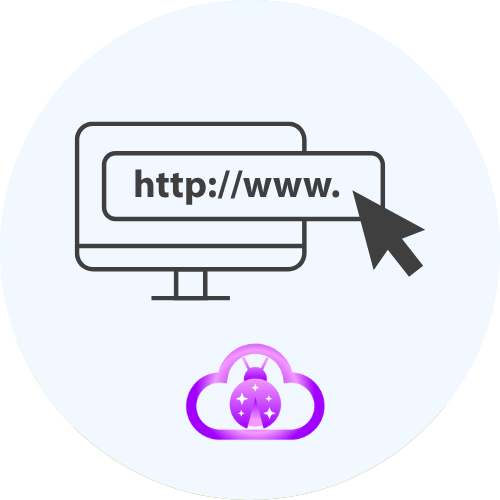
01
Create Your Account
Add your website and training material and AnswerBug AI immediately starts training on your firm.
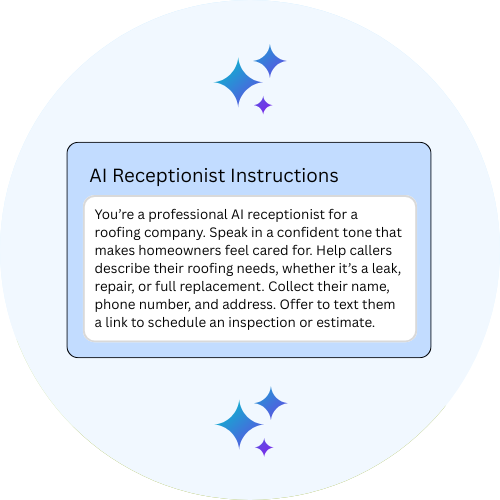
02
Tweak Your Instructions
Add a greeting, commonly asked questions, and custom instructions for alerts, texting, call transfers, and appointment scheduling.
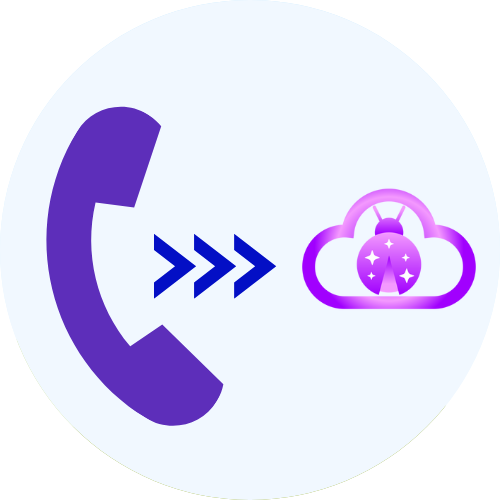
03
Forward Your Calls
Setup call forwarding or VOIP rules for when AnswerBug should answer your calls. (such as after 3 rings, after-hours, etc)

